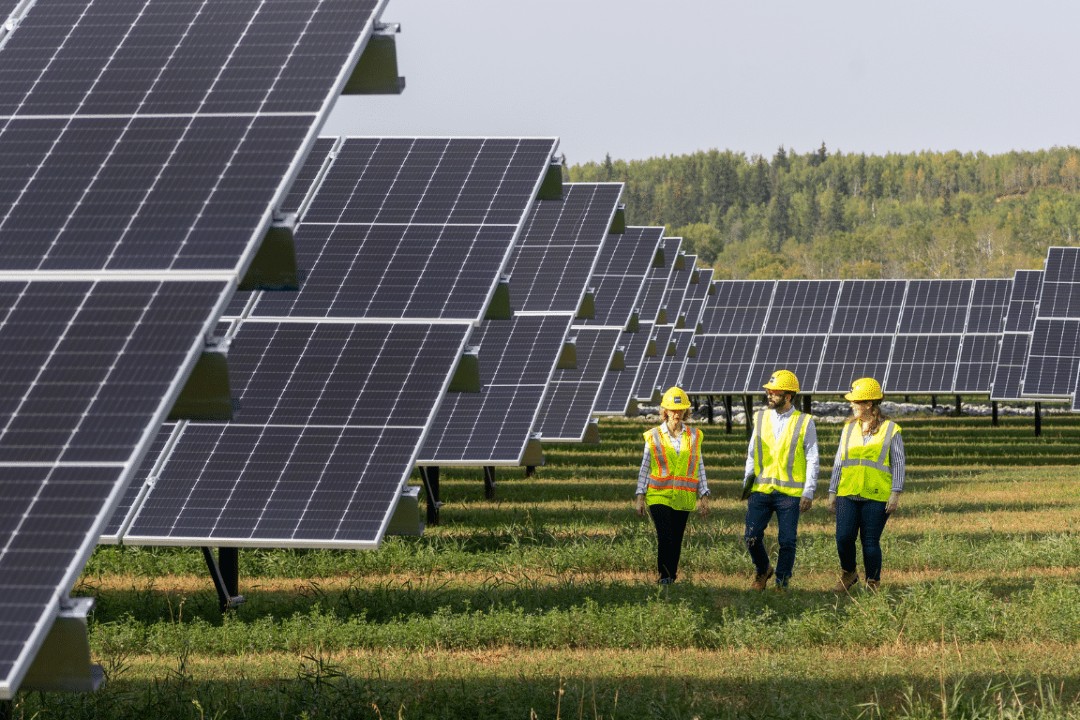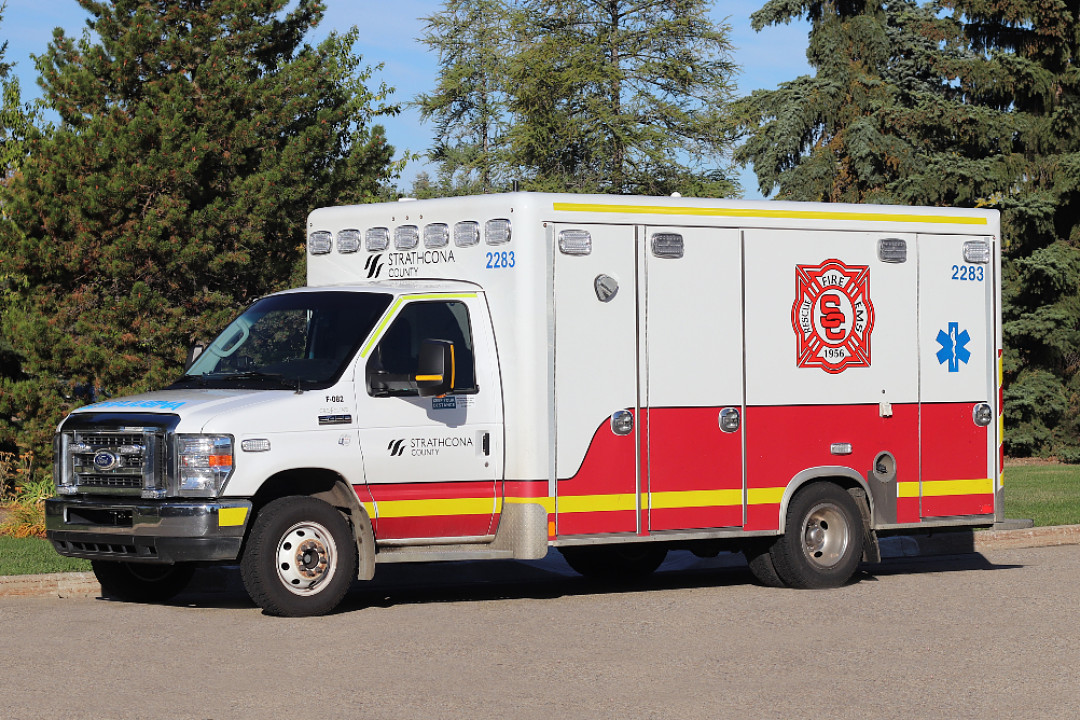
Minister says investor confidence in renewables is strong, despite report that suggests otherwise
A Pembina Institute report found that the Alberta Electric System Operator saw more electricity production cancelled than pitched in 2024.
Will Noel, a senior analyst at the clean energy think tank, told Taproot that Pembina tracked 55 project cancellations in 2024 compared to 58 applications for new renewable energy projects. But while the new applications outnumbered the cancellations, Noel said the overall amount of electricity nonetheless fell: New projects offering 9.5 gigawatts of electricity were cancelled, while new projects with eight gigawatts worth of electricity were proposed. Noel said this is the first time since at least 2020 that the capacity of electricity in the AESO queue shrunk.
The Pembina report, published in late May, ties the drop in overall proposed new renewable electrical capacity to the province's seven-month moratorium on renewables, which ran from August 2023 to February 2024, as well as new provincial restrictions on these projects implemented over the last two years. Pembina concluded in the report that growing cancellations indicate investors have reduced certainty. "What the data now shows is ongoing uncertainty and reduced investor confidence in the market, even after the moratorium was officially lifted," Pembina said. "This is out of step with global trends, where interest in renewable energy remains strong."
Pembina previously found that 53 projects were cancelled or paused between August 2023 and July 2024. Two of the postponed projects were from Alpin Sun, a German solar developer, valued at a combined $509 million. Fred Null, Alpin Sun's director of project development, told Taproot via email that the company's withdrawals were due to Alberta's "snail-like pace" in updating its regulations.
Electricity generation is a differentiator in the provincial government's work to attract $100 billion in hyperscale data centre investment. In June, the Alberta Electric System Operator capped data centres at 1.2 gigawatts of energy from the province's grid until 2028.
Nathan Neudorf, the minister responsible for utilities, told Taproot that investors in renewable electricity generation projects still have confidence. He pointed to 25 renewable projects that were approved in 2024, compared to 12 in 2023 (which endured the bulk of the moratorium), and 19 in 2022.
Neudorf added that he understands concerns from developers of renewable projects, but also noted challenges for these projects include the grid's overall inability to accept all of the electricity that could be generated.
He also said Alberta has a high surplus of generation capability from renewables right now, after a long spell without it, which affects the profitability for new operators due to Alberta's unique deregulated energy market.
Neudorf added that Alberta has not developed to export electricity, noting efforts are underway to sell Albertan electricity to Saskatchewan, British Columbia, the Northwest Territories and, with greater difficulty, to the United States. "When you have congestion or an abundance of generation, you either curtail it off, or you have to try to attract new load, and that's what we're working through," he said.







